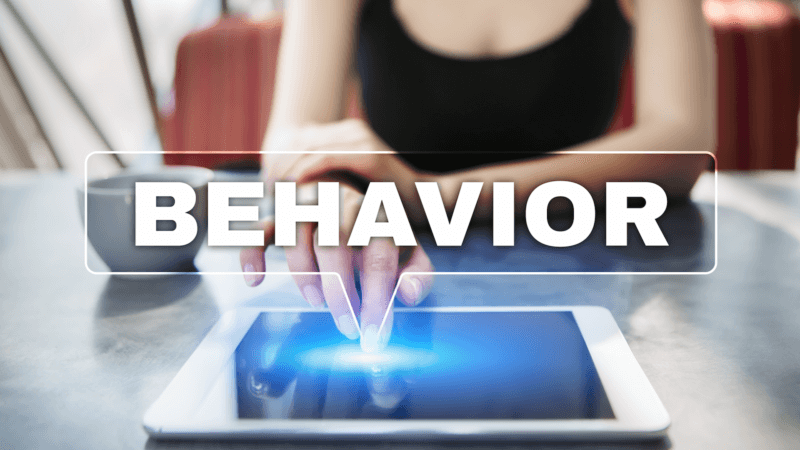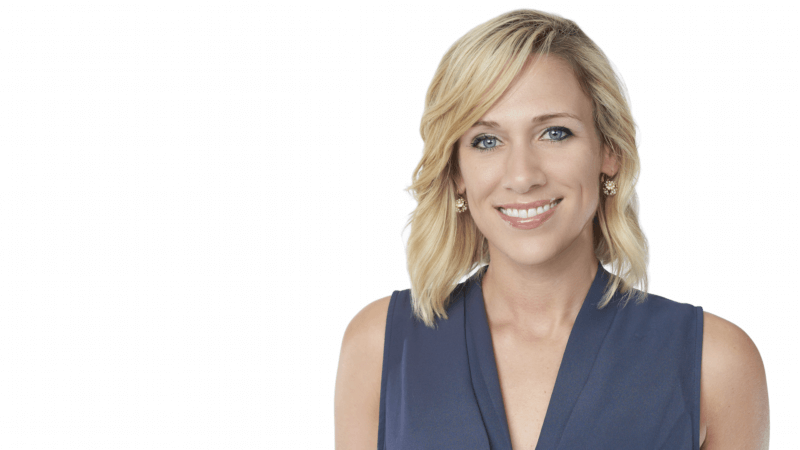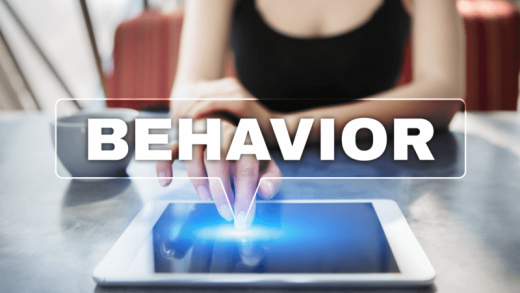Maritz’s first Chief Behavioral Officer is building on ‘nudges’
Although still relatively rare among enterprises, behavioral science has gained a foothold because it helps decode why people make choices.

Researchers have discovered that consumers make different choices when they choose via different means.
For instance, people ordering food through a tablet or by writing it down tend to make healthier choices. When they order verbally, they more often choose higher-calorie dishes.
When selecting accessories for a car by swiping choices on a tablet, customers generally pick more items that can be considered luxurious than they do when clicking choices with a mouse on a computer.
Whatever the reasons behind these behaviors, knowing how people respond in different situations can impact how sales and other choices are designed. And it’s the reason why sales and marketing services firm Maritz recently appointed its first Chief Behavioral Officer, Charlotte Blank.

Charlotte Blank
MaritzCX is a market research firm that gathers feedback from customers — and conducts custom research — to design better experiences. Maritz Global Events manages corporate meetings and events, and incentive travel. And Maritz Motivation Solutions provides ways to motivate people, such as sales incentive programs (used by auto dealers), consumer loyalty and employee engagement via its CultureNext offering.
All of Maritz’ business units relate in some way to influencing positive behavior, so research on how customer choices differ by the means they are made can impact the bottom line.
As can, for instance, the principle of Operational Transparency. Blank noted that brands often assume it’s best to “keep everything behind the curtain” and not confuse the customer or would-be customer with many transactional details.
But, she said, behavioral research has shown that some transactional details increase user trust. For instance, booking a trip on a travel site. Users rate the experience higher when they can see all the airlines being considered while the best prices/trip length are being processed.
Similarly, the Domino’s app for ordering pizza. Customers rate the experience higher when the app shows where the delivery person is en route.
“The principle,” Blank said, is: “when you can, show your work.”
Having previously worked in marketing and advertising, Blank joined Maritz two years ago as executive director of its Maritz Institute, which provided educational series for the firm’s employees. She was appointed CBO this past spring.
Although there are only a few CBO or equivalents in major brands — such as comparable positions in Walmart and Pepsi — Blank said behavioral science is “starting to matter in the real world.”
The nudge
A key driver, she said, has been the 2008 book, “Nudge: Improving Decisions About Health, Wealth, and Happiness,” by economist Richard Thaler and law professor Cass Sunstein. It brought attention to the concept of “nudge,” where small changes in an environment can result in big changes in behavior. The authors gave this definition:
A nudge, as we will use the term, is any aspect of the choice architecture that alters people’s behavior in a predictable way without forbidding any options or significantly changing their economic incentives. To count as a mere nudge, the intervention must be easy and cheap to avoid. Nudges are not mandates. Putting fruit at eye level counts as a nudge. Banning junk food does not.
Also in 2008, Sunstein was appointed administrator of the US Office of Information and Regulatory Affairs, and in 2010, the British Behavioural Insights Team — called “the Nudge Unit” — was set up in the British Cabinet. Nudge theory was applied by the administrations of President Barack Obama and British Prime Minister David Cameron, gaining international visibility.
Blank noted that nudges can be used to guide people away from default choices, which are their usual decisions. For instance, hotels might suggest to guests that they reuse their towels, so they don’t need to be replaced as frequently.
But, she noted, a slight “social proof” can induce people to reuse their towels more frequently, by a slightly different approach: “Most people who stay in this hotel reuse their towels.”
Even more effective: “Most people who stayed in this room reused their towels.”
The concept of nudge has “put applied behavioral science on the map,” Blank said, giving it a “momentum.”
“The more we understand about people,” she added, “the better we can delight them without relying on surveys.”
“People are bad at knowing what they think.”
Marketing Land – Internet Marketing News, Strategies & Tips
(28)














